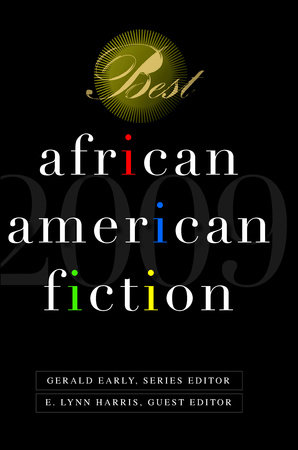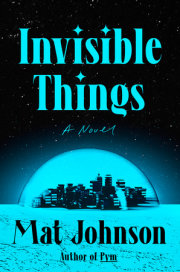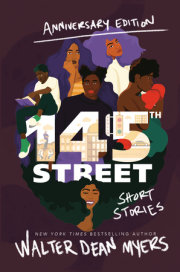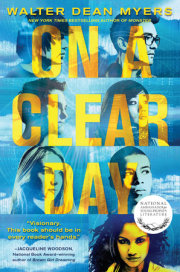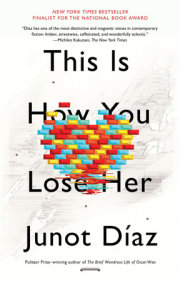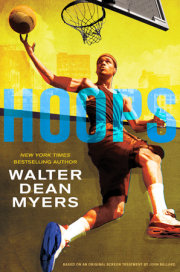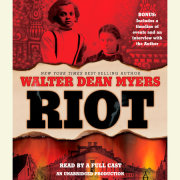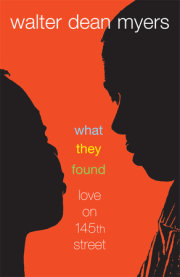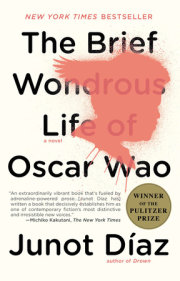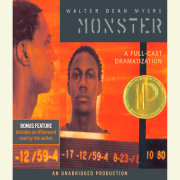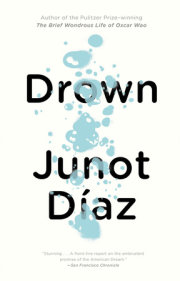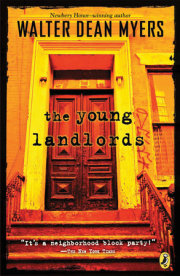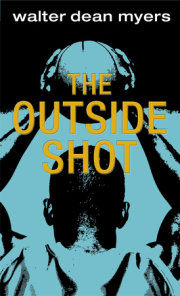Introduction/By Gerald Early, Series Editor
Introduction/By E. Lynn Harris, Guest Editor
Stories
Pita Delicious/By ZZ Packer
Albino Crow/By Chris Abani
Orb Weaver/By Emily Raboteau
The Saving Work/By Tiphanie Yanique
Dance for Me/By Amina Gautier
Cell One/By Chimamanda Ngozi Adichie
In the Blink of God’s Eye/By Edward P. Jones
This Kind of Red/By Helen Elaine Lee
Novel Excerpts
Dark Reflections/By Samuel R. Delany
The Great Negro Plot/By Mat Johnson
The Brief Wondrous Life of Oscar Wao/By Junot Díaz
Man Gone Down/By Michael Thomas
Young Adult Fiction
Excerpt from Feathers/By Jacqueline Woodson
Excerpt from Harlem Summer/By Walter Dean Myers
Excerpt from Elijah of Buxton/By Christopher Paul Curtis
Excerpt from Up for It: A Tale of the Underground/By L.F. Haines
Permissions and Credits
About the Editors

